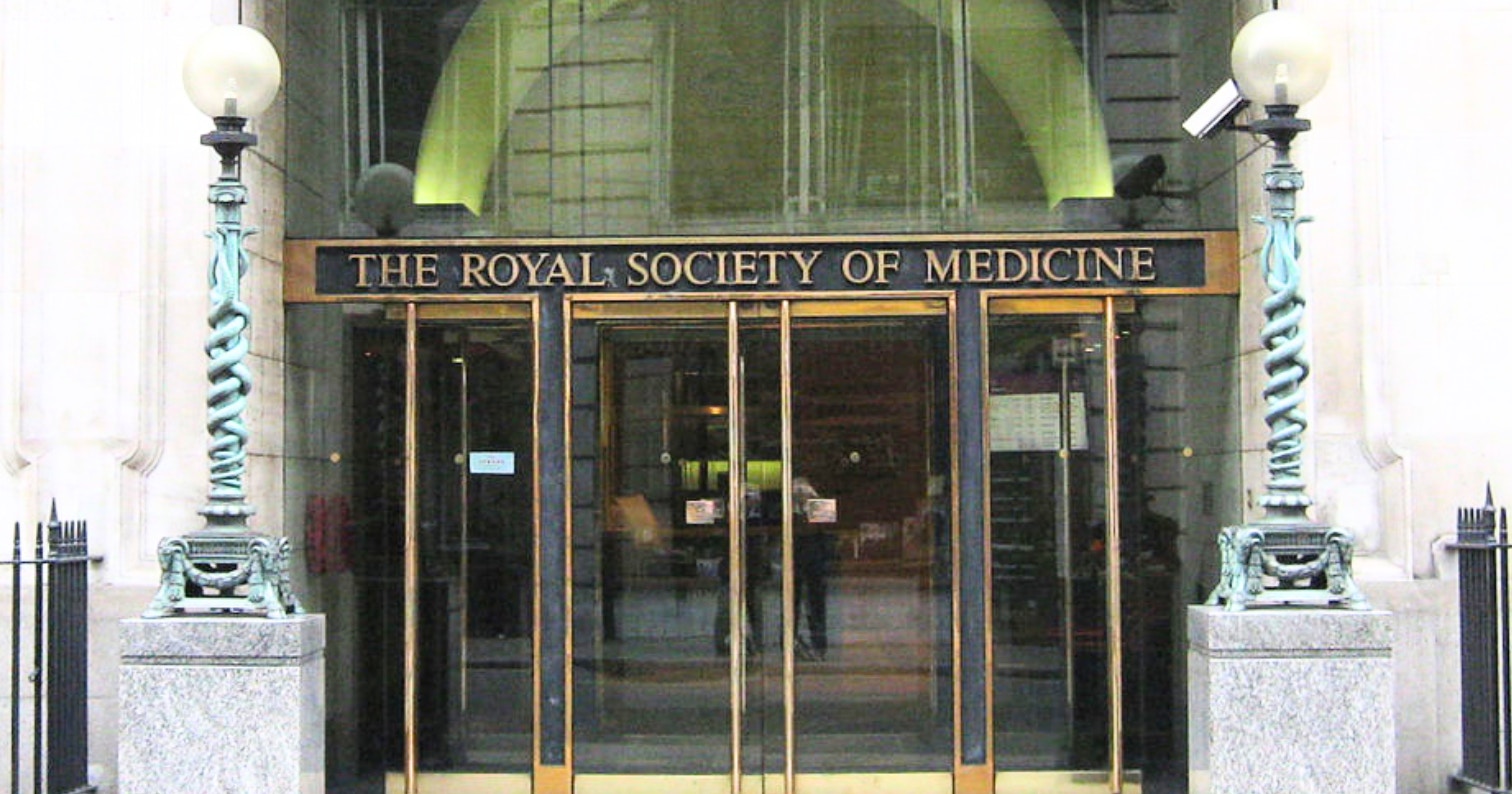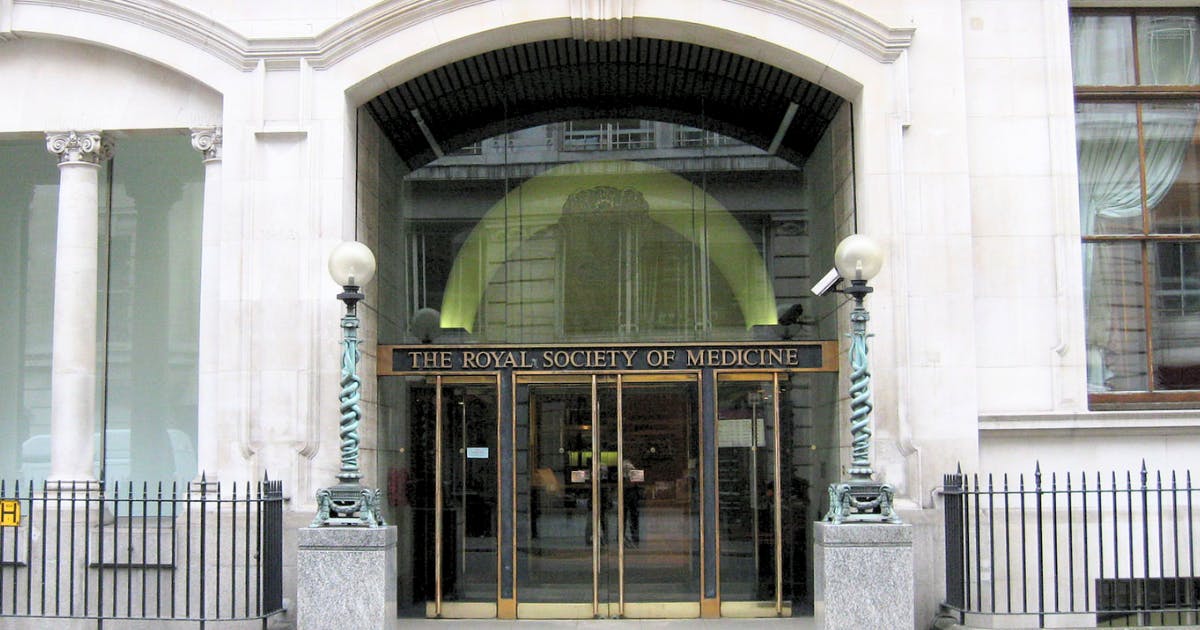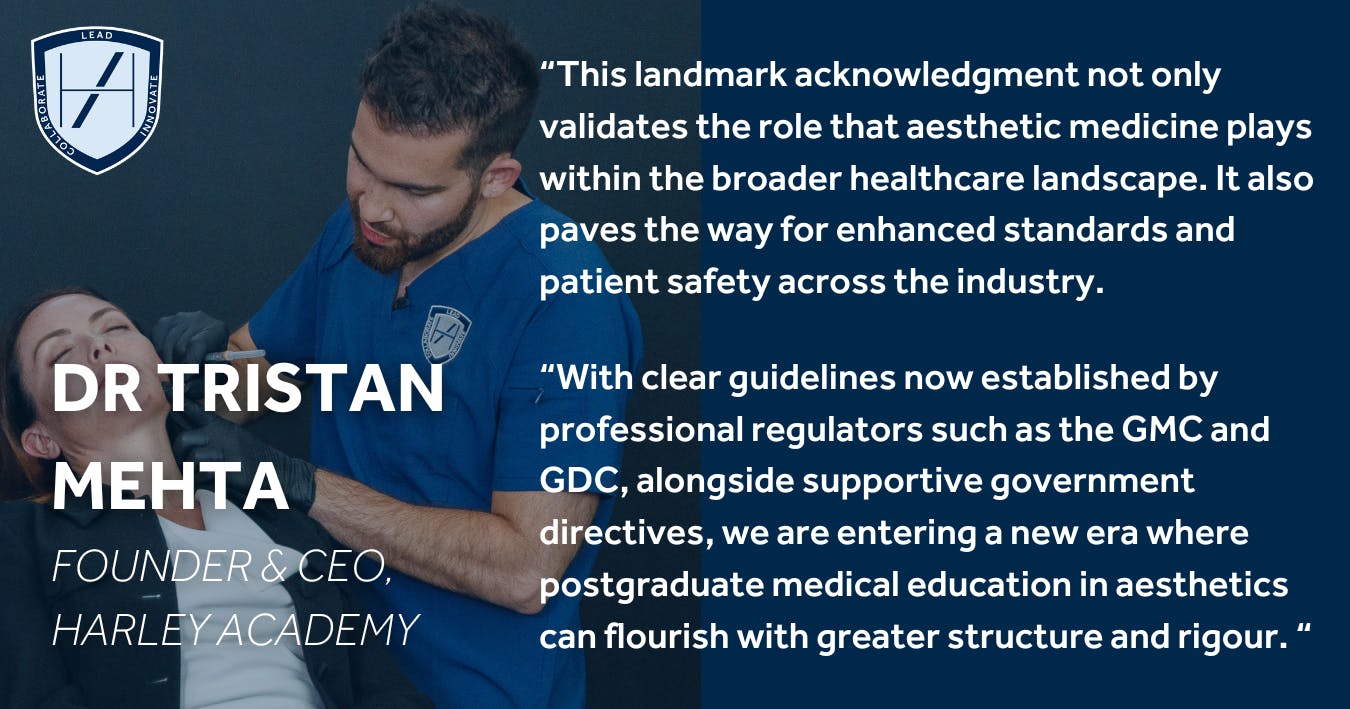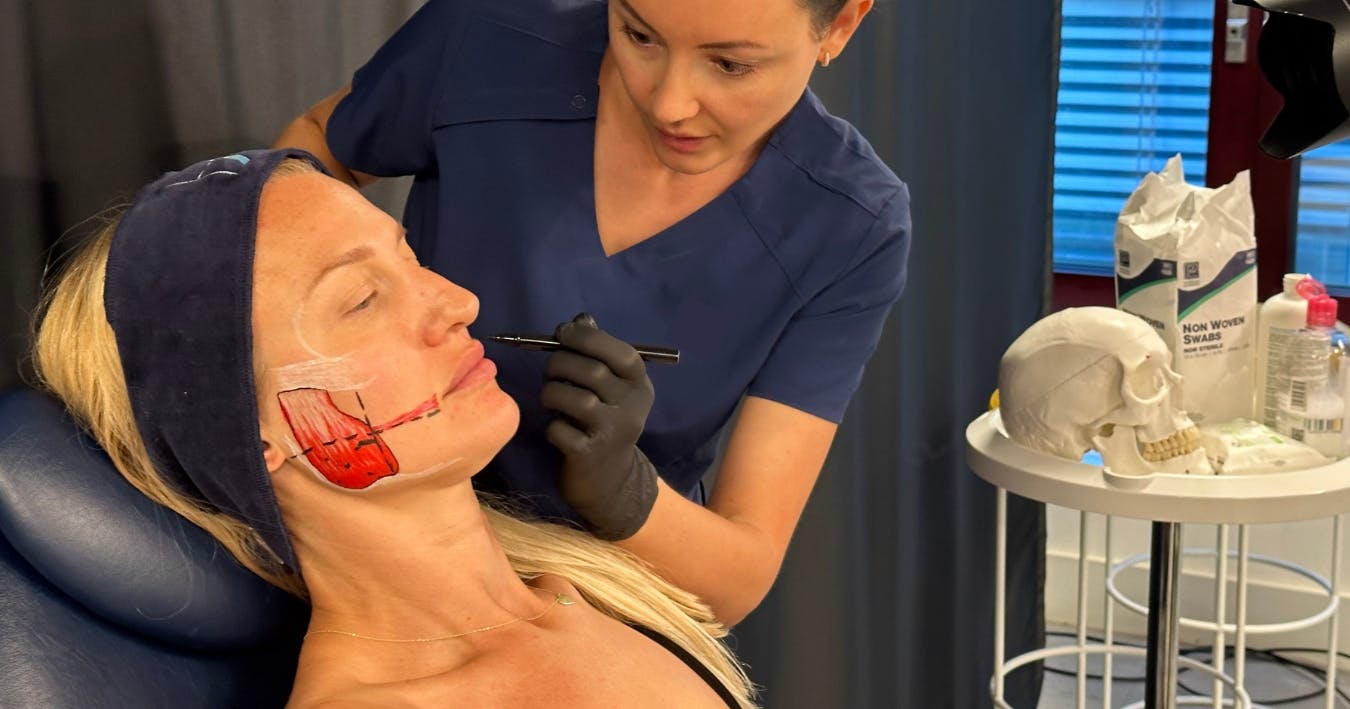Aesthetic Medicine Specialty Recognised by Royal Society of Medicine

Aesthetic medicine has been officially recognised as a specialty by the Royal Society of Medicine (RSM).
This groundbreaking announcement underscores the validity of aesthetics as a true medical field. It also marks the RSM’s first new section in 35 years.
But what exactly does this achievement mean? Let us explain…

Royal Society of Medicine announces recognition of aesthetic medicine as a specialty
In July 2024, the Royal Society of Medicine officially recognised aesthetic medicine as a medical specialty.
It has established the RSM Section of Aesthetic Medicine and Surgery (RSM SAMAS) to promote best practice and education in the specialty. This will be achieved through events for doctors and dentists plus creating what the Aesthetics journal refers to as “a forum for scientific debate in the field to elevate standards.”
Why is this important?
The RSM is a prominent UK non-profit organisation, dedicated to the continued professional development (CPD) of medical professionals.
Formed in 1907, it’s one of the nation’s oldest providers of CPD learning for healthcare professionals across recognised medical specialties.
The fact that such an established and respected institution has recognised aesthetic medicine as a specialty reinforces the fact that aesthetic medicine truly is medicine.
This is something numerous healthcare professionals have disputed. You may have encountered negativity from NHS colleagues when entering medical aesthetics, for example. As it’s a ‘cosmetic’ specialism, those in more ‘serious’ forms of medicine can be dismissive towards it.
There has certainly been a sense that, because aesthetic medicine deals electively with the appearance, it is not ‘real medicine’. This is clearly not the case and the RSM’s monumental announcement further justifies aesthetics’ position as a valid medical specialty.
In addition to providing additional legitimacy to this field of medicine, its recognition can also bring about increased awareness of exactly what it entails.
As we continue to seek aesthetics regulation in this country, the RSM’s announcement will hopefully lend credence to the calls for better, more standardised aesthetics training for healthcare professionals and limit the involvement of non-medics.

Harley Academy’s response to the Royal Society of Medicine recognising aesthetic medicine
Dr Tristan Mehta is the Founder and CEO of Harley Academy and innovator of the Level 7 in injectables. As someone who’s been at the forefront of pushing for higher standards and increased patient safety for education in medical aesthetics, this provides welcome validation of our field.
“I welcome the Royal Society of Medicine's recognition of aesthetic medicine as a specialty. This landmark acknowledgment not only validates the role that aesthetic medicine plays within the broader healthcare landscape. It also paves the way for enhanced standards and patient safety across the industry.
“With clear guidelines now established by professional regulators such as the GMC and GDC, alongside supportive government directives, we are entering a new era where postgraduate medical education in aesthetics can flourish with greater structure and rigour.
“Historically, the rapid evolution of aesthetic medicine has made it challenging to define and regulate comprehensively. However, this recognition by the RSM signifies another important moment, reinforcing the legitimacy and future growth of aesthetic medicine as a well-defined and respected specialty.
“At Harley Academy, we remain committed to advancing education and training that align with these elevated standards, ensuring that practitioners are equipped to deliver the highest quality care.”

What does this mean for healthcare professionals undertaking aesthetic medicine training?
There are no significant changes to the process healthcare professionals go through when undertaking aesthetics training courses, as a result of this announcement.
We hope that the following benefits may be observed, however…
- Aesthetic medicine being taken more seriously, especially by other healthcare professionals
- Reduced stigma for medical professionals choosing to pursue a career in aesthetics
- Additional educational events and opportunities for knowledge sharing and evidence-based discussion (though likely restricted to RSM members)
- Advocacy for the specialty in the UK and worldwide
- More voices to add to the growing numbers calling for legislative change to regulate the aesthetic medicine sector and increase patient safety through education
- Potentially influence the government’s decisions when it comes to whether non-surgical aesthetic procedures can be administered by non-medical practitioners, including soft tissue fillers and toxins.
Do you have to be a member of the Royal Society of Medicine to practise aesthetics?
The simple answer to this question is no. You do not need to be a member of the Royal Society of Medicine, nor RSM SAMAS to practice aesthetic medicine in the UK.
All information correct at the time of publication
Download our full prospectus
Browse all our injectables, dermal fillers and cosmetic dermatology courses in one document
By submitting this form, you agree to receive marketing about our products, events, promotions and exclusive content. Consent is not a condition of purchase, and no purchase is necessary. Message frequency varies. View our Privacy Policy and Terms & Conditions
Attend our FREE open evening
If you're not sure which course is right for you, let us help
Join us online or in-person at our free open evening to learn more
Our Partners














STAY INFORMED
Sign up to receive industry news, careers advice, special offers and information on Harley Academy courses and services

